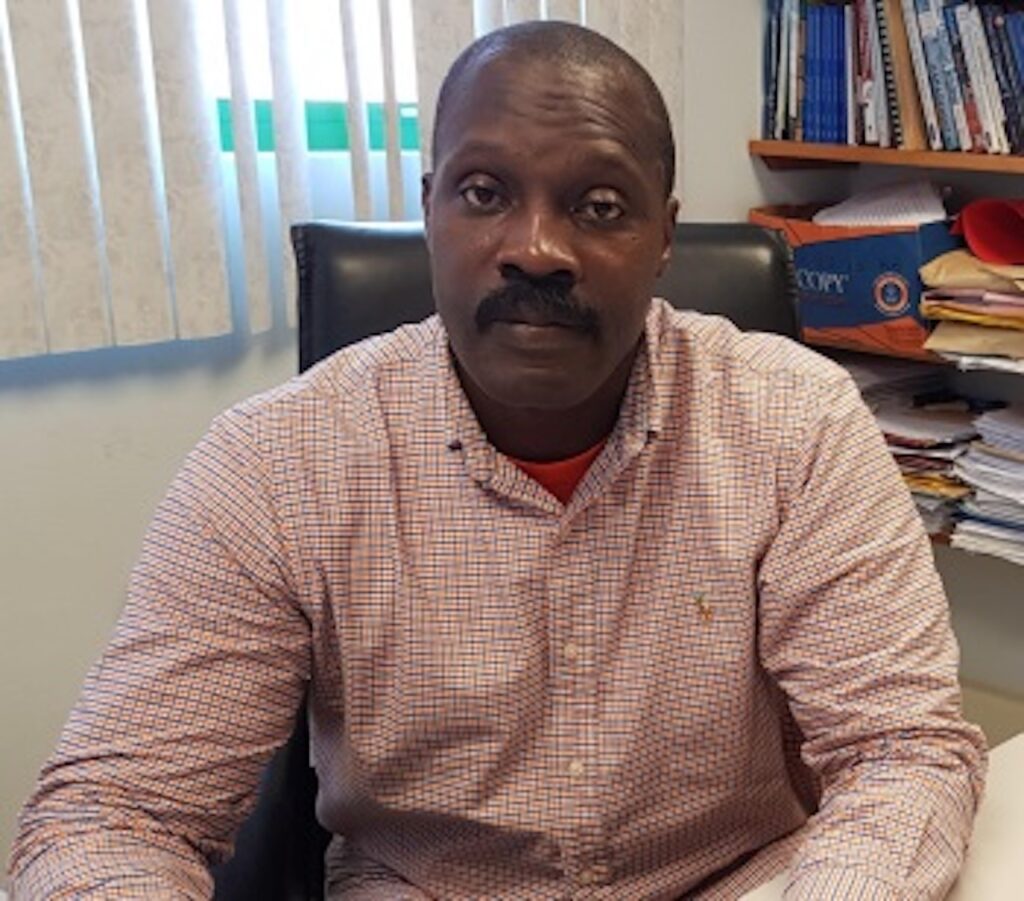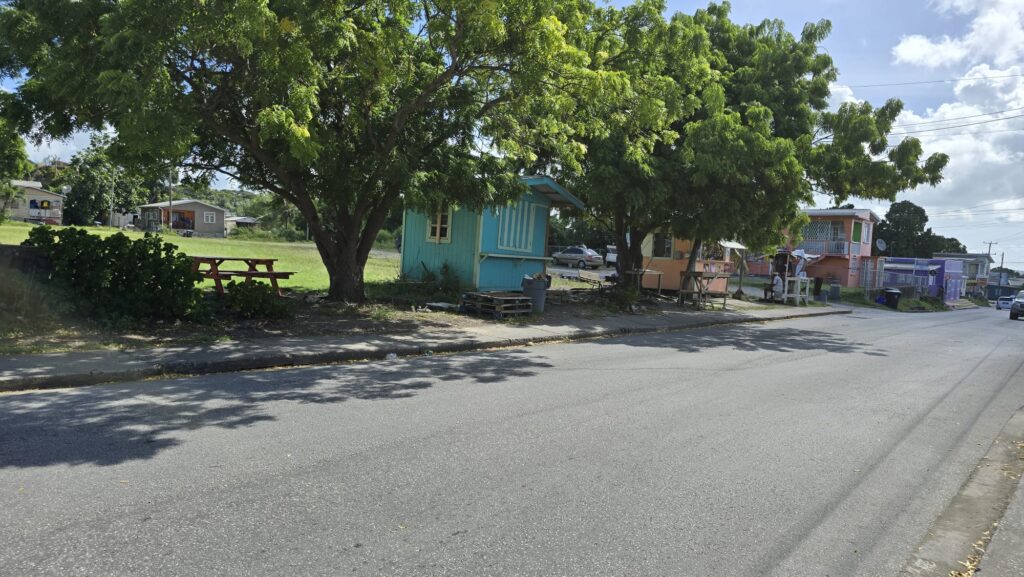The head of a District Emergency Organisation sounded the alarm on widespread complacency among Barbadians, warning that the country remains dangerously unprepared for disasters such as tsunamis despite regular drills and awareness campaigns.
“There can be no excuse that Bajans do not know about the hurricane hazard,” St James DEO Chair Selwyn Brooks told Barbados TODAY as a tabletop exercise on tsunami readiness wrapped up on Wednesday. “Every year we go through drills, exercises, and simulations, but how are they taking heed to build the level of resilience needed for a tsunami? It is something relatively new to us.”
He attributed the problem to a lack of personal experience with disasters. “Most of the population has not experienced a tsunami unless they have done so outside Barbados. So it is going to be a challenge to get people to understand what they need to do.”
Brooks noted that the COVID-19 pandemic gave Barbadians insight into responding to emergencies. He stressed the importance of being informed and prepared. “People will die depending on where they are and the intensity and magnitude of what comes. However, it is better that we prepare to minimise the impact. We can’t stop it, but we can reduce the risks.”
He also emphasised personal responsibility. “It is not somebody else’s business. We must safeguard ourselves, our families, and our country,” he said. He warned against building in high-risk areas, though he acknowledged space constraints in a small island nation. “Resilience starts with the individual. Multiply that across the population, and the whole country becomes stronger.”
Wednesday was recognised as World Tsunami Awareness Day, encouraging countries and civil society to raise awareness and share strategies for risk reduction.
The seminar brought together about 30 hoteliers, estate agents, police, and residents from Porters to Batts Rock. The interactive session allowed participants to assess preparedness, share best practices, and identify gaps in response plans, particularly for vulnerable populations such as people with disabilities and operators of smaller villas and bed and breakfast (B&Bs) inns.
“I was very satisfied with the participation, turnout, interactions, and the information shared,” Brooks said. “It gave us a clear picture of the level of preparedness across sectors. Of course, we would have loved to have more participants, but this is part of an ongoing effort.”
On involving people with disabilities, Brooks explained that future sessions will focus on ensuring that emergency plans account for people who may require assistance. “Because vulnerable or disabled persons need help, we want to make sure that the plans and mechanisms are in place to respond to them,” he said.
Brooks reiterated that disaster preparedness is an ongoing process. “This is not a one-off. We must continue to inform and sensitise people about what they need to know and do. Everyone has a role to play.” (LG)
The post Emergency chief tells public take charge of disaster preparation appeared first on Barbados Today.


